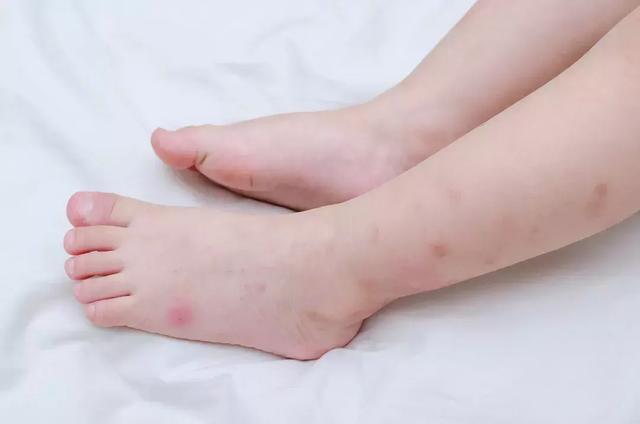
According to the patient's epidemiological data, clinical manifestations, etiology, serology, laboratory and imaging findings, dengue virus infection can be divided into the following categories:
1. Dengue fever: Patients who have recently visited a dengue fever-endemic area, place of residence, or work place have dengue fever cases; have fever, accompanied by fatigue, anorexia, nausea, headache, muscle and bone and joint pain, rash and bleeding tendency and other clinical manifestations; white blood cells and ( or) thrombocytopenia; dengue virus IgG antibody, NS1 antigen or dengue virus nucleic acid positive.
2. Severe dengue fever: One of the following serious manifestations occurs on the basis of the diagnostic criteria for dengue fever:
①Severe bleeding
②Shock
③Severe device damage.
3. Laboratory confirmed cases: suspected cases or clinically diagnosed cases, positive blood dengue virus NS1 antigen or viral nucleic acid test in acute phase, or isolated dengue virus, or serum specific IgG antibody titer in convalescent phase is 4 higher than that in acute phase More than double the growth or turn positive.
How is dengue fever treated?
At present, there is no effective antiviral drug, and supportive and symptomatic treatment measures are mainly adopted. The principles of treatment are early detection, early treatment, and early mosquito prevention and isolation.
1. General treatment: bed rest, liquid or semi-liquid diet, anti-mosquito isolation to complete fever reduction in the acute stage. Monitor consciousness, vital signs, urine output, platelets, HCT changes, etc. Severe cases should strengthen nursing care, pay attention to oral and skin cleaning, and keep feces unobstructed.
2. Symptomatic treatment: those with high fever need to cool down, those with excessive sweating, vomiting or diarrhea need to maintain the balance of water and electrolytes, and those with pain should be sedated and relieved.
3. Severe dengue fever patients need to be hospitalized, closely monitor consciousness, urine output and vital signs, and monitor blood lactate levels if possible. Critical cases need to be transferred to ICU for treatment. Corresponding treatment measures should be actively taken for patients with severe plasma leakage, shock, ARDS, severe bleeding or other important organ dysfunction.


